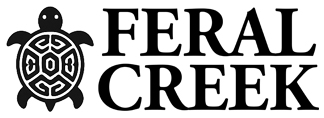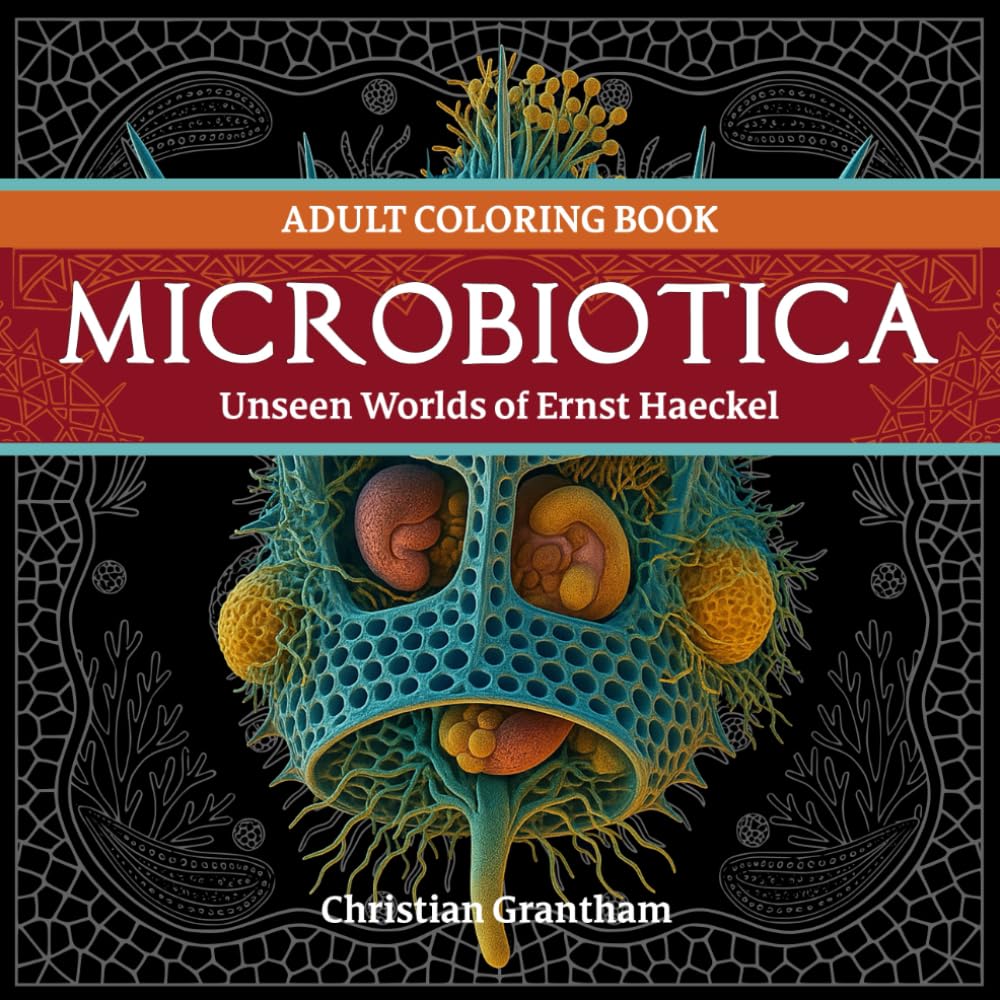Christian Grantham is a small business owner, digital creator, and coloring book author who lives with his partner in rural Tennessee. Grantham gets his inspiration for everything he does from a quiet relationship with nature on his small farm. His latest adult coloring book, MICROBIOTICA: Unseen Worlds of Ernst Haeckel reimagines the work of 19th century German biologist and artist Ernst Haeckel featuring 50 illustrations inspired by his masterpiece Art Forms In Nature - available on Amazon.




